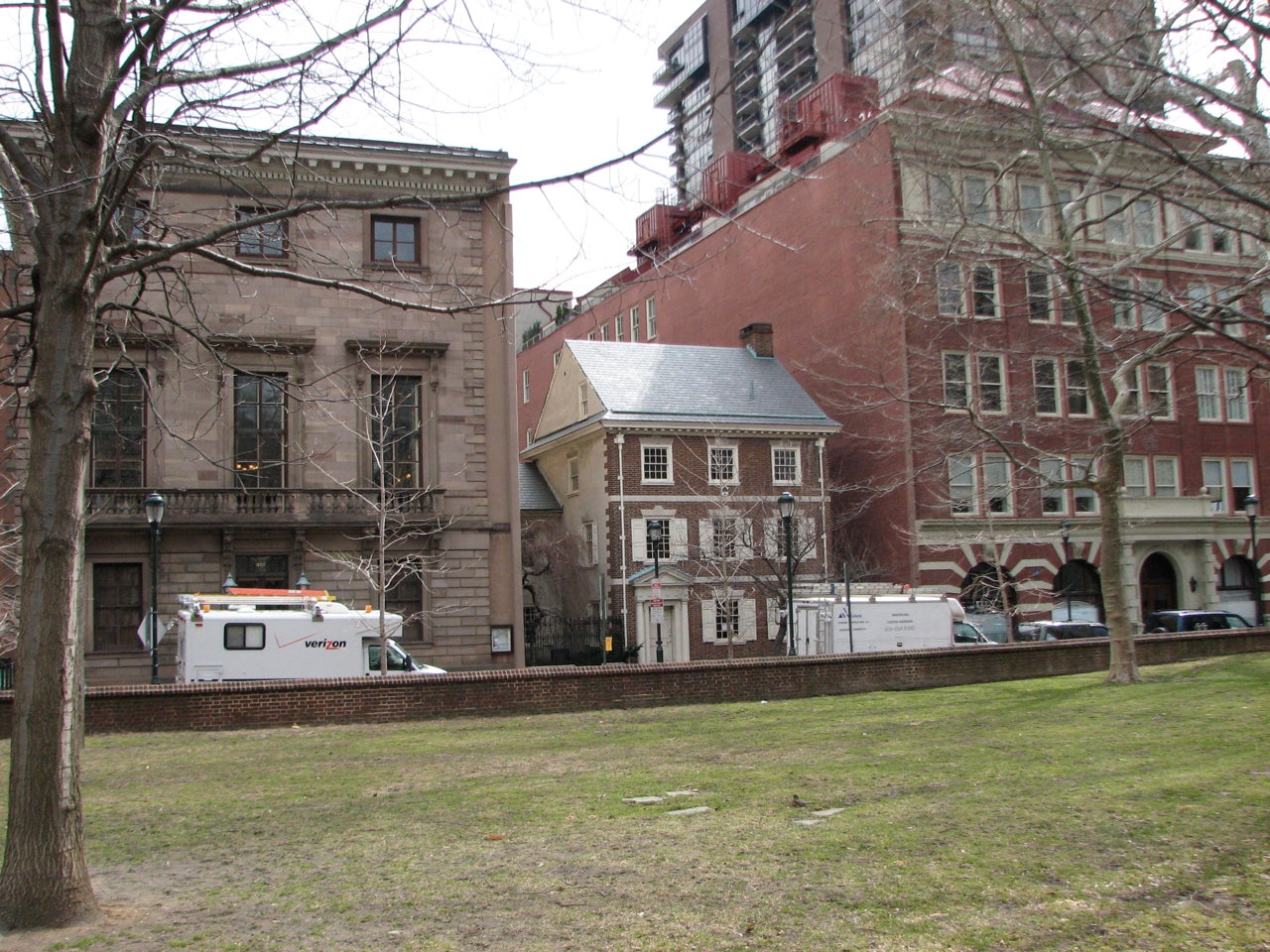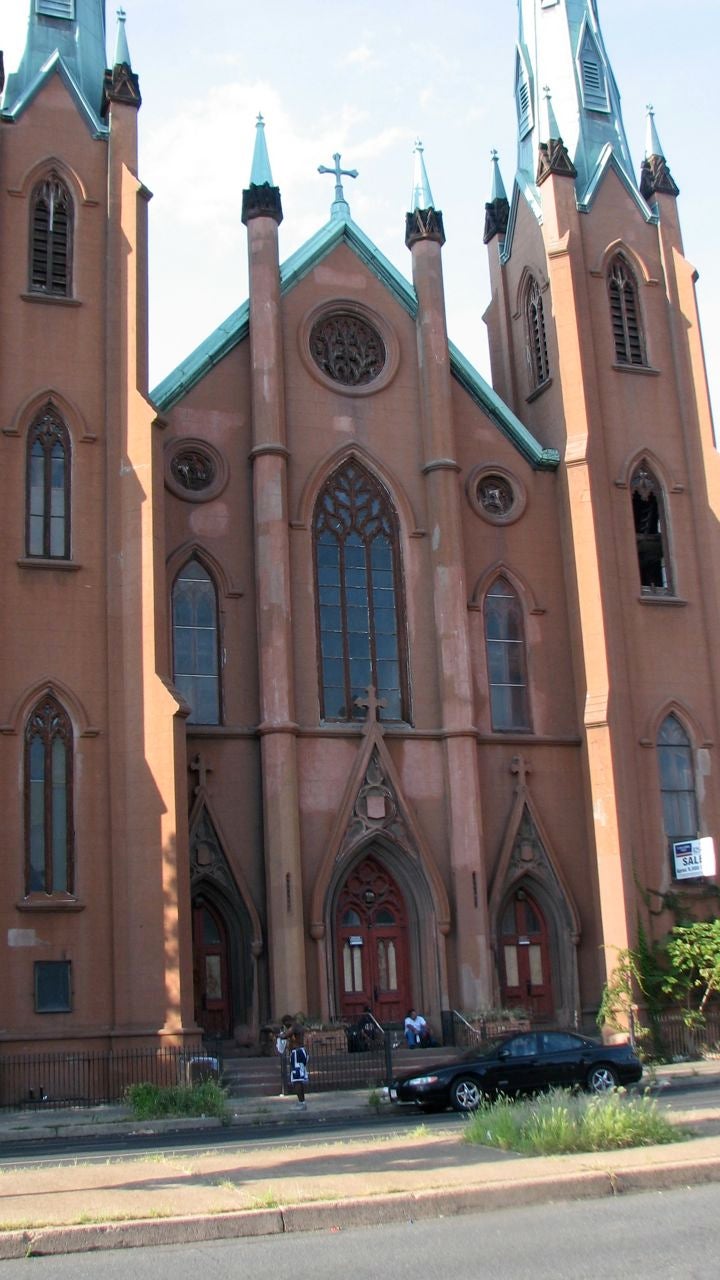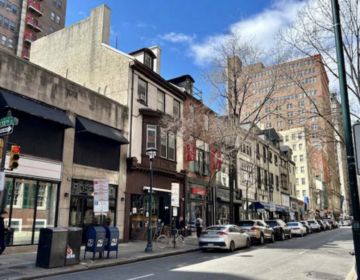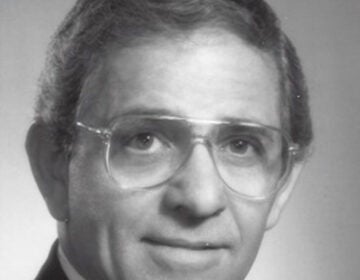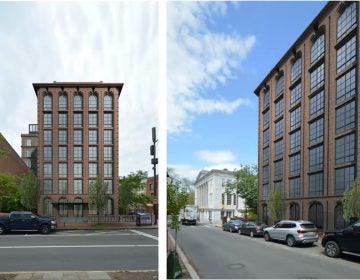Two cases test the legal teeth of the Historical Commission
The owners and the neighbors of the Church of the Assumption are waiting for the next ruling on the fate of the historic building – a decision of the Board of Licenses & Inspections Review that is expected to come in a matter of weeks as opposed to months.
At the same time, both sides are keeping an eye on the case of the Dilworth House currently before the Pennsylvania Commonwealth Court.
With parallels to the church case, the preservation community had appealed a 2007 decision of the Philadelphia Historical Commission to grant a permit for John and Mary Turchi, the owners of the Dilworth House, 223-25 S. 6th St., to demolish the rear portion of the building in order to proceed with a condominium tower project designed by Robert Venturi.
The L&I review board overturned the commission following a “de novo review” – a presentation of both sides to the board as if no prior hearing had been held.
The Turchis then appealed to the Philadelphia Court of Common Pleas in a test of the legal power of the review board to overturn the commission.
In May 2010, Common Pleas Court Judge Idee C. Fox upheld the L&I review board decision, writing that “the board is clearly empowered to take evidence and to overrule and reverse decisions by the commission.”
The decision was then appealed by the Turchis to the Commonwealth Court.
In the case of the church, located at 1123-33 Spring Garden St., the Historical Commission voted last September to allow its owners, the social service agency Siloam, to demolish the historically designated building based on financial hardship. The Callowhill Neighborhood Association appealed the commission vote to the review board, which heard both sides in “de novo review” over the course of two sessions on March 14 and 28. If the review board overturns the commission, Siloam and the City Solicitor’s Office are expected to appeal the case to the Court of Common Pleas.
The Dilworth Case, meanwhile, could be taken further – to the state Supreme Court – if the parties aren’t satisfied with the Commonwealth Court decision.
The outcome of these cases may have a lasting impact on the Historical Commission and the way it conducts its hearings, according to John Gallery, executive director of the Preservation Alliance for Greater Philadelphia. “One of the issues is whether the commission would have to start acting like the Zoning Board, and actually have a court stenographer and create an official record” of its hearings.
Jonathan Farnham, executive director of the Historical Commission, said that the commission does take and keep a public record of testimony at its hearings. But for it to become a “board of record” that could provide transcriptions and send appeals directly to the courts might require a change of the City Charter.
The commission “will not fundamentally change how it undertakes its reviews,” Farnham said. “We have always done a good job,” but may not have always “articulated” how decisions were reached, he said. “We need to be more careful with that in these potentially controversial decisions, so that the courts don’t have to read in between the lines.”
A Historical Commission hearing is “not an adversarial setting. There is not an opportunity for cross-examination. But the commission encourages the fullest possible discussions, and there is lots of back and forth. Advocacy groups are questioned by the commissioners. But in the strict legal sense, it is not an adversarial proceeding. The Licenses & Inspections review is.”
The L&I review board decision is expected to take at least two more weeks. Two members of the review board missed parts of the hearings and will want to read the transcripts, Farnham said.
Contact the writer at ajaffe@planphilly.com.
WHYY is your source for fact-based, in-depth journalism and information. As a nonprofit organization, we rely on financial support from readers like you. Please give today.



